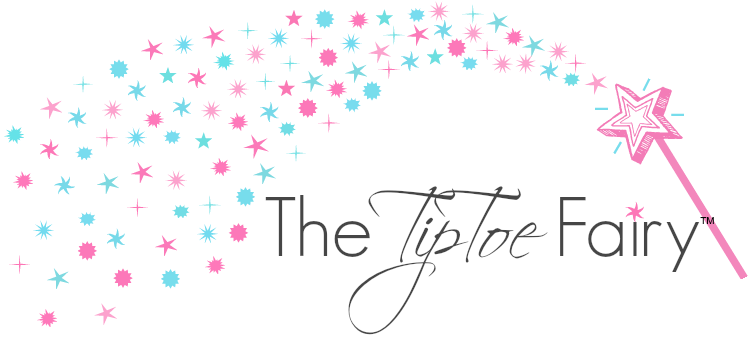This post is made possible with support from the American Academy of Pediatrics through a cooperative agreement with the Centers for Disease Control and Prevention. All opinions are my own.
Over the past year, I’ve shared the importance of preventing ACEs – Adverse Childhood Experiences- and breaking the cycle of traumatic events with my children. Today, I want to share how you can find and create support for your and other kids with safe, stable, nurturing relationships and environments.
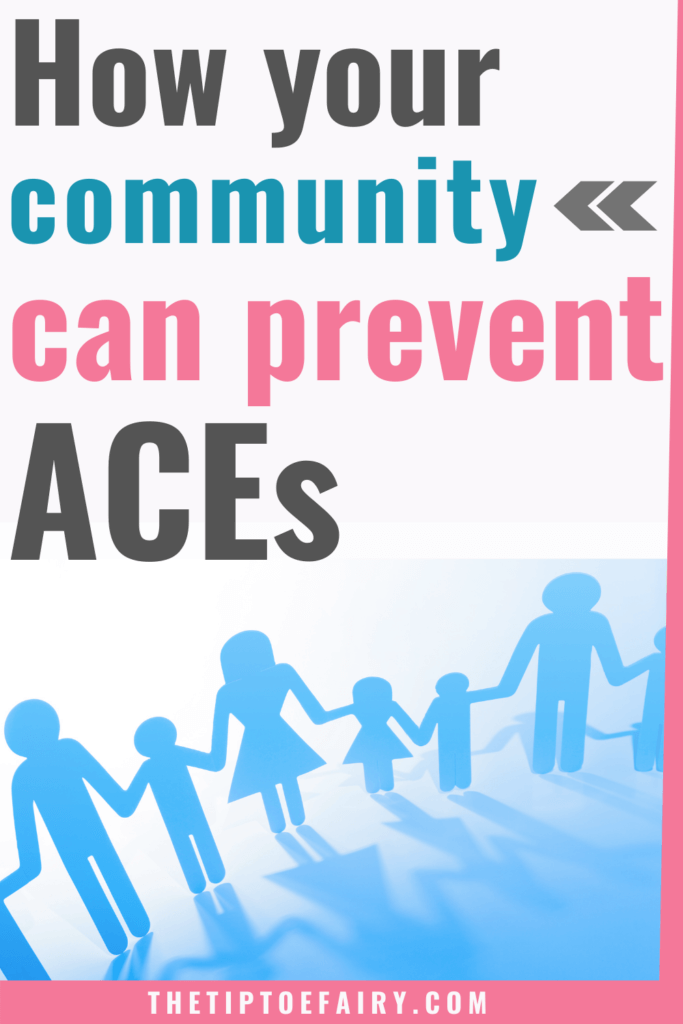
Relationships are key to mitigating and preventing ACEs in our kids. They need nurturing relationships with family, friends, and even the community.
Table of Contents
It really does take a village.
It’s so important for your family to have relationships within the community. This way you have other adults looking out for your kids, who they trust and can talk to, and they who can see if they are needing help.
In second grade, my daughter’s teacher called me out of the blue one day to tell me that my daughter has been crying at school every single day. I had no idea she was struggling so much. My daughter never told me a thing was bothering her, and we are very close.
Her teacher gave me some wonderful suggestions because her daughter had gone through something similar, including reaching out to her pediatrician.
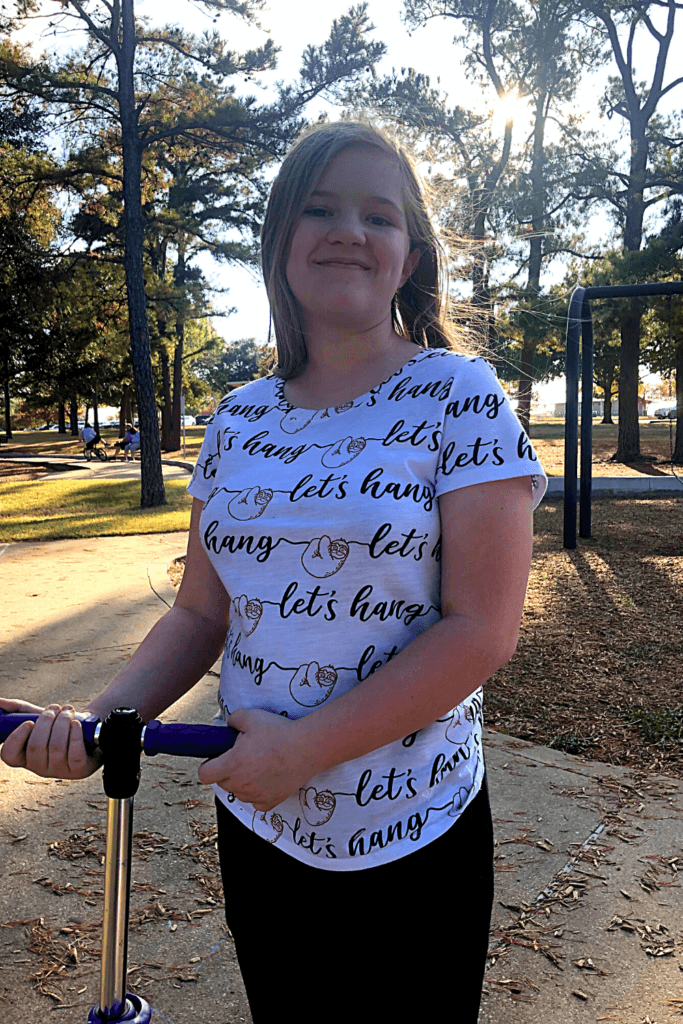
We have a wonderful pediatrician who is always so helpful. That’s why I still drive to her office, even though we’ve moved 45 minutes away. She was able to help us figure out what was going on with my daughter. Your pediatrician also can be a great resource to help when you’re worried about your kids or need help or resources to better support your kids.
We found out that she had sensory and hearing disorders, which overwhelmed her and caused a lot of stress for her at school. She started receiving weekly occupational therapy, and we created a plan with her teachers and the counselor at school to help her. Every school year we have meetings with her teachers, the counselor, and principal, so we can all work together to mitigate and accommodate her disorders.
Without her teacher noticing and reaching out, this could have gotten so much worse. She saw a child who needed help, and she stepped in to let that child know that she’d be her support. And that is something every adult can do for every child, regardless of their job.
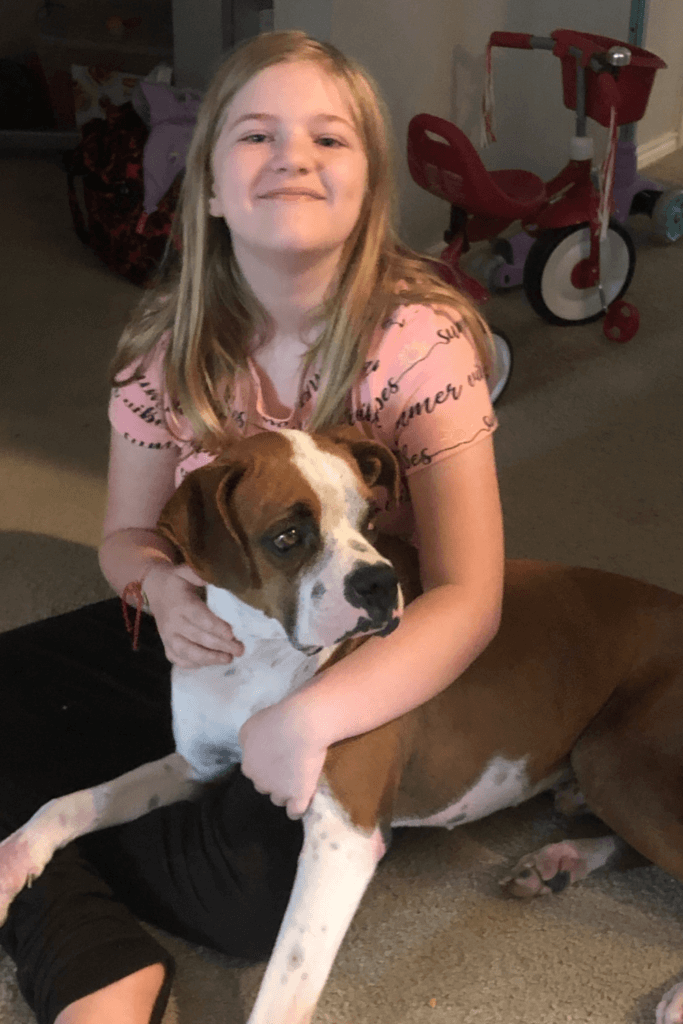
Being that trusted adult.
You also can be that person for a kid. Becoming a trusted adult for kids in your community doesn’t have to be a formal thing. It can be letting your kids’ friends know that you are looking out for them.
This is something I’ve always told my kids. If they have a friend who needs a ride or a snack after school, they make sure to invite them along.
Another idea could be you volunteering to be a Big Brother or Big Sister or the Boy Scout leader or Girl Scout leader. That stable nurturing environment is you being there to give encouragement and always showing up for them.
My mom was the Girl Scout leader of my troop for years. I know she helped girls in our group. One girl in our troop was going through divorce with her parents. While her mom was getting back on her feet and going back to work, my mom was the one who volunteered to pick her up before and after school and even took her to ballet class with me every week.
While I didn’t understand it back then, as a divorced mom now, I know that probably gave her mom some peace of mind knowing her daughter was with another mom who would take care of her and help her during such a scary time. And it gave her daughter an additional safe, nurturing relationship during this scary time. While contentious divorces certainly can be traumatic for children, having a nurturing parent during it along with other supportive adults help the child feel safe and bounce back.
Finding Your Community
While I told you in those earlier posts to #findyour3, finding your community doesn’t have to be a formal thing, and it can certainly be larger than three people looking out for your kids. It’s as simple as keeping in contact with your child’s school teachers or having an established relationship with a pediatrician or even having good relationships with your neighbors.
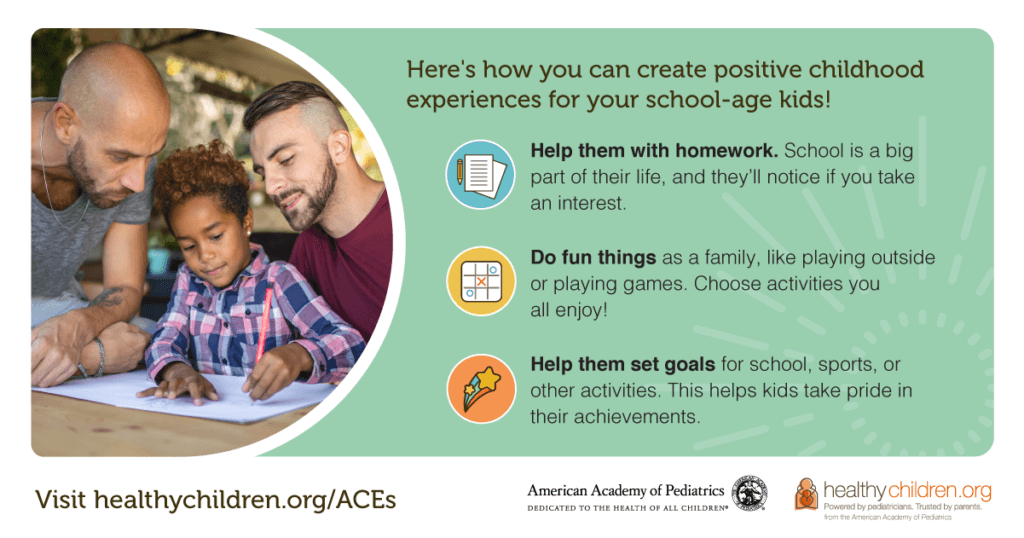
These are people who will watch out for your kids, and you and your children can reach out to them for help, too. These relationships can support your children to bounce back if ACEs do happen because while it’s best to prevent bad things from happening, we may not always be able to do that. And those safe, nurturing relationships will serve as a buffer and help kids recover from stress.
This is why I am part of someone else’s ‘three,’ and I want you to be, too. How can you be one of someone’s three?
